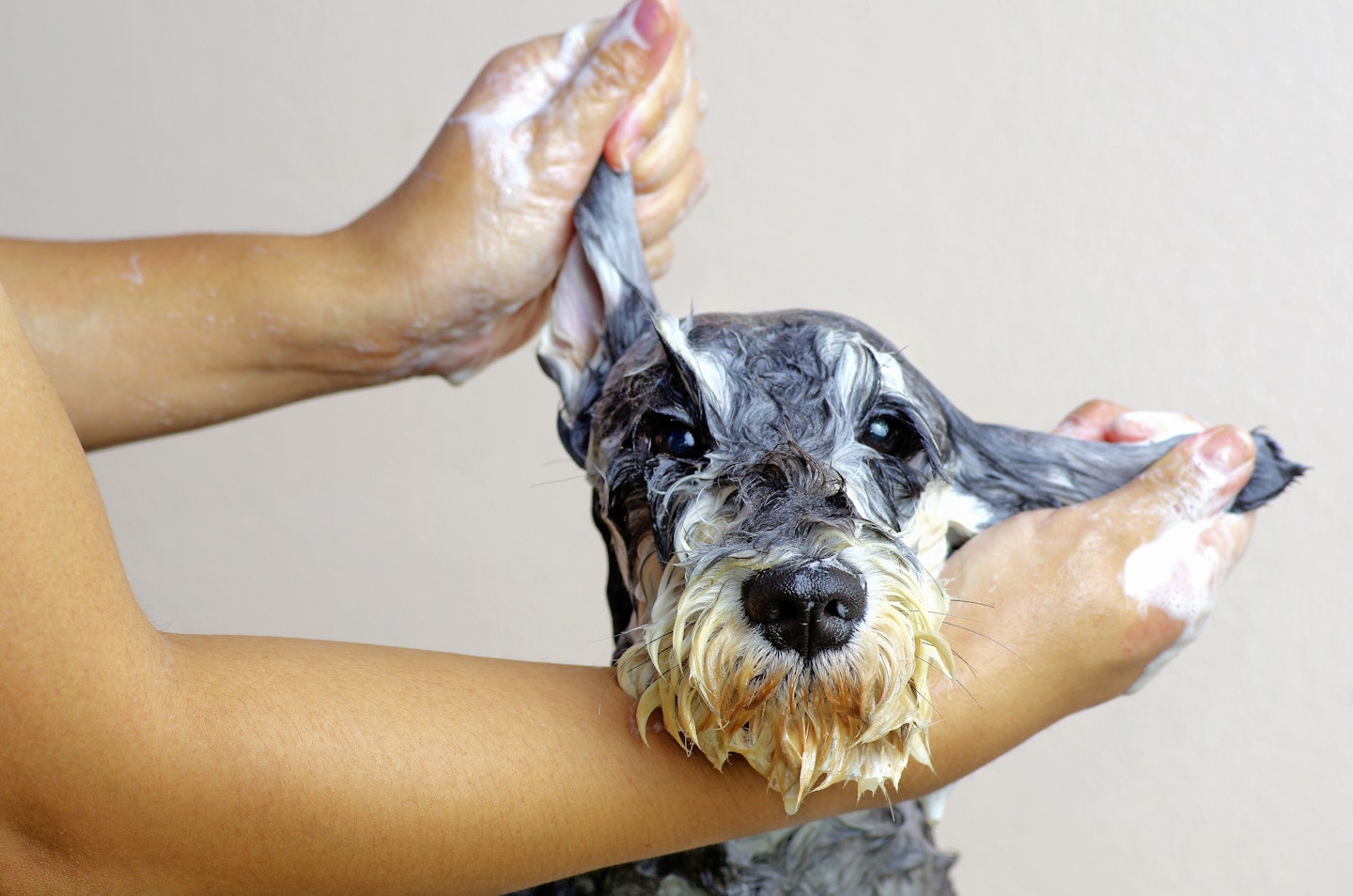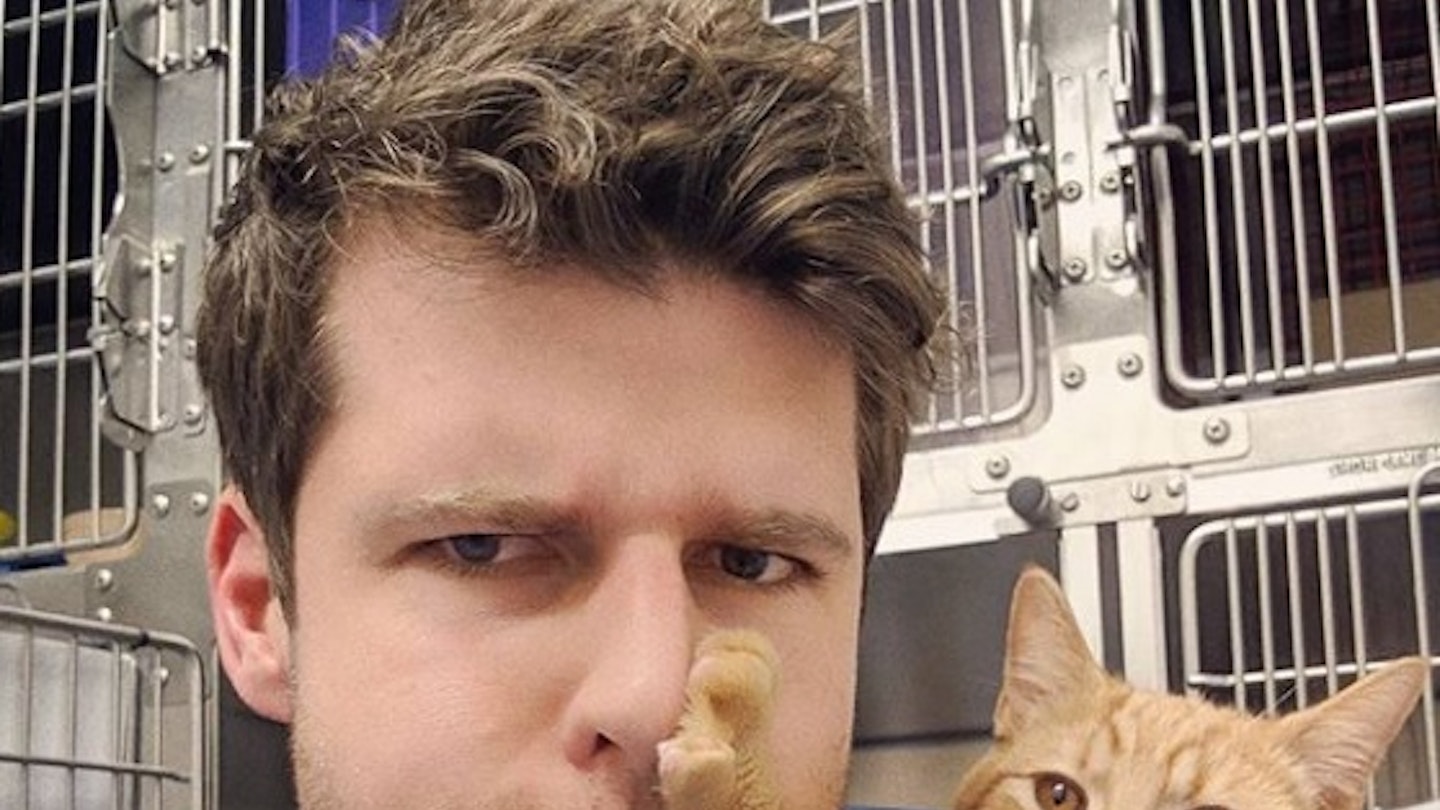'Hi, I’m Dr Michael. I studied veterinary medicine and zoology at the University of Edinburgh, then completed a small animal and exotics internship. I now work as a small animal vet in London — and I love it!'
My golden lab often gets car sick. Any advice on how to make him a better traveller?
Car sickness in dogs can be due to a mix of motion sickness as well as fear/anxiety. Start by training your dog to get used to being in the car - PDSA has a great plan to follow online. Do this gradually over a few weeks with lots of positive reinforcement i.e. treats and praise. Anti-sickness medication from the vet can help during this training period, as well as calming supplements, pheromones and compression coats.
My cat sneezed on me the other day. Could I catch a disease from him?
Now there are a few diseases people can catch from cats, but the risk is really low (slightly higher in immunocompromised people). The more common diseases or infections are from parasites (Toxoplasmosis, Cryptosporidium) and bacteria (Salmonella, Campylobacter) found in cat’s poo, so the obvious way to avoid coming into contact with these nasty critters is good hygiene and regular, safe cleaning of litter trays. Deep cat bites or scratches can transmit Cat Scratch Disease so speak to your GP if this happens.
Can I use my shampoo on my dog?
Dog skin and human skin have different pH balances. This means human shampoo is slightly too acidic for dogs, and repeated use can disrupt and weaken a dog’s normal skin barrier, leading to infections, dandruff and a lacklustre skin and coat. Using human shampoo on the odd occasion shouldn’t cause an issue though.

My corn snake has gone off her food and I’ve noticed a white froth around her mouth. Should I be concerned?
This sounds like your snake could have stomatitis, which is a bacterial infection of the mouth. You’ll need your vet to examine her oral cavity, make sure no substrate is stuck in there, and maybe even take a bacterial swab. Most cases respond well to a course of antibiotics.
Is it true that holly, mistletoe and ivy are poisonous to bunnies?
There are actually quite a few plants which can be toxic to bunnies, so rabbit owners should make themselves aware of all of these. Ivy has more known cases of toxicity in rabbits compared to mistletoe and holly, but all three can cause health issues, so best to avoid them. Check out the Rabbit Welfare Association and Fund for a big list of plants to avoid during munch time!
